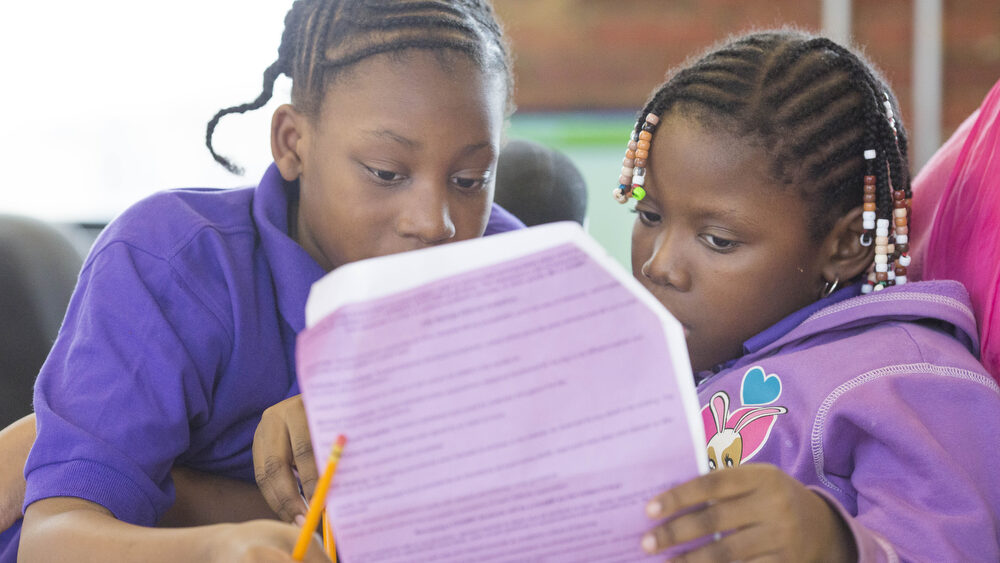
- This event has passed.
Tools of the Mind: Key Steps in Creating A Culture of Learning

This learning and engagement opportunity — moderated by Ellen Galinsky, Executive Director of Mind in the Making and Chief Science Officer with the Bezos Family Foundation — followed-on to the spring GLR Learning Tuesdays event co-sponsored with Education Week and co-hosted with the Rollins Center for Language and Literacy, The Fall K–3 Classroom: What the Data Imply About Composition, Challenges and Opportunities. That spring forum reviewed data suggesting that fall 2021 classrooms will be filled with more students who didn’t have a full year of pre-K or kindergarten due to the pandemic, presenting multiple challenges for K–3 teachers when they return to their classrooms this fall. During that session, we were also introduced to a few promising interventions for successful teaching and learning, and this week’s forum gave us the chance to more deeply explore one of these innovations, Tools of the Mind.
Galinsky engaged Deborah Leong, Ph.D., Co-Founder and President of Tools of the Mind, and Barbara Wilder-Smith, Executive Director and Co-Developer of Tools of the Mind, in a deep exploration of this theory of teaching and learning that is focused on developing both executive function and academic skills in young learners. Leong and Wilder-Smith reviewed five core concepts that make Tools of the Mind effective in creating a culture of learning:
- How we teach is as important as what we teach
- Metacognition matters
- The power of peer scaffolding
- How we group children matters
- How educators partner with parents matters
Leong and Wilder-Smith shared videos showing students engaged in activities demonstrating each of these concepts in action and the positive impact of the overall approach. Further demonstrating the benefits of this theory of teaching and learning, two early grade educators joined the discussion. Michelle Beekman of Neptune Township Public Schools and Priscilla Hopkins of Denver Public Schools shared their experience using Tools of the Mind in their kindergarten and pre-K classes and its strong potential to address the challenges they expect to face in the fall as they work to accelerate equitable learning recovery post-pandemic.

